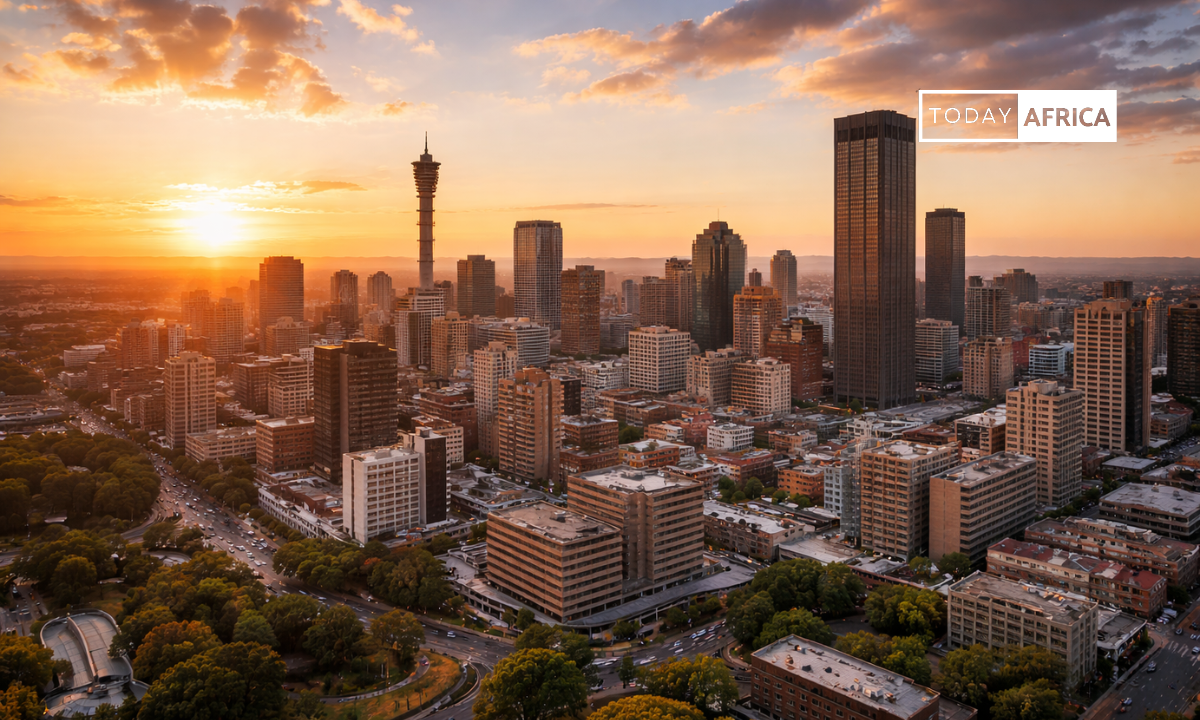South Africa drops controversial VAT hike following pressure from political parties and civil society groups. The National Treasury had proposed a 1% VAT increase over two years to plug a $4.02 billion (R75 billion) budget deficit.
In a statement on Thursday, the National Treasury said the decision followed consultation with major political parties and parliamentary committees.
However, it warned that difficult spending cuts now lie ahead to address the budget shortfall, including the potential withdrawal of cash transfers to low-income households.
The reversal comes as a sigh of relief for South Africans, many of whom have received messages from service providers warning of price increases set to take effect on May 1. The now-shelved VAT hike would have immediately strained household budgets.
However, the decision will mark a major step back for the government’s efforts to restore funding for essential services like healthcare and education that have suffered under years of budgetary constraints.
“The initial proposal for an increase to the VAT rate was motivated by the urgent need to restore and replenish the funding of critical frontline services that had suffered reductions necessitated by the country’s constrained fiscal position,” the Treasury said.
The Treasury planned to increase VAT by 0.5% from May 1 and another 0.5% in 2026, but some members of the African National Congress and its coalition partner, the Democratic Party, opposed the proposal. The planned hike was meant to fund healthcare and education.
Treasury Minister Enoch Gogongwana wrote to the country’s parliament to withdraw the Appropriation and Division of Revenue Bills. The move will allow adjustments to the budget to cover the shortfall following the removal of the VAT hike.
Read Also: Kenya to scrap risk-based loan pricing in push for lower interest rates
“There are many suggestions, however, some of them would create greater negative consequences for growth and employment, and some of them, while worthwhile, would not provide an immediate avenue for further revenue in the short term to replace a VAT increase,” Treasury said.
South Africa’s last increase in VAT was in 2018, when the country’s public finances were under severe strain following years of mismanagement during Jacob Zuma’s presidency and the loss of its investment-grade credit rating.
But VAT remains a politically sensitive subject in South Africa. More than 30% of the population is unemployed, and inequality is still deeply entrenched. While many essential goods used by low-income households are zero-rated, many still see the tax as unfair.
Comment and follow us on social media for more tips:
- Facebook: Today Africa
- Instagram: Today Africa
- Twitter: Today Africa
- LinkedIn: Today Africa
- YouTube: Today Africa Studio
















